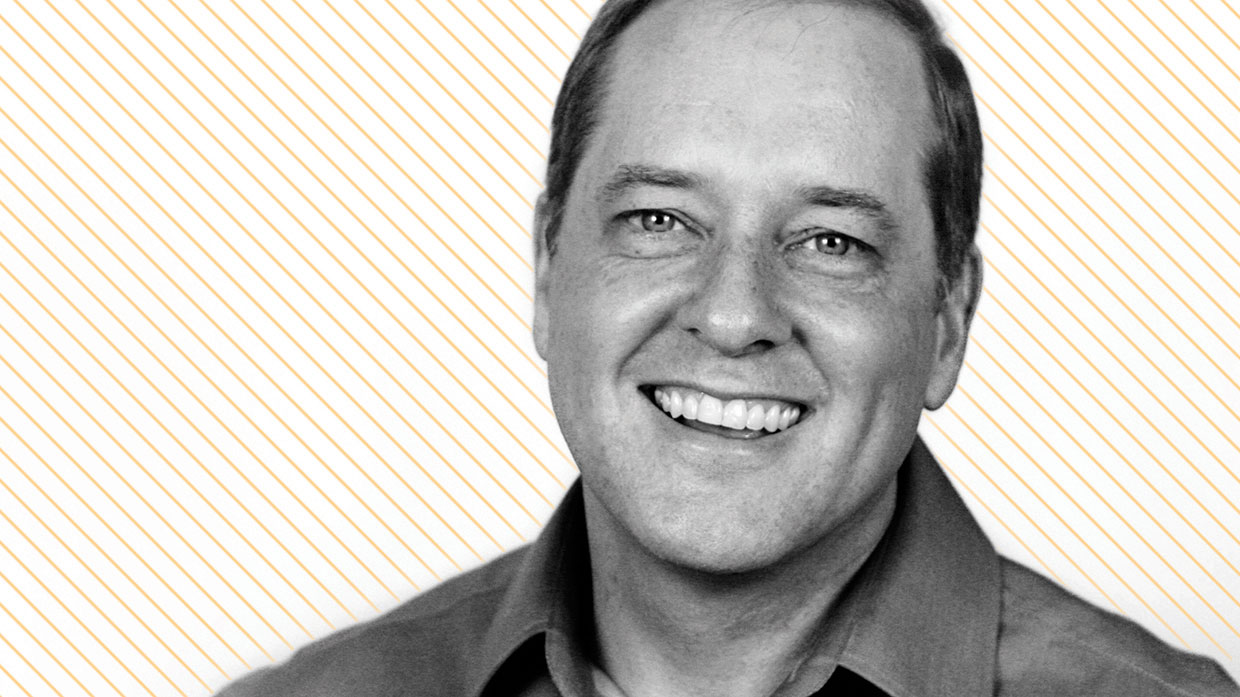As I began seminary, the pastor of the church I attended resigned his position under less than ideal circumstances. So I stopped by intending to encourage him. But after I'd offered only a few words, he said, "Steve, I know that you've had a series of dramatic events (involving health and finances) in your calling to ministry. Remember these days because the time will come when you will be discouraged and may even consider quitting." I nodded, but that possibility seemed very remote.
After seminary I became associate pastor of a rapidly growing church. I was thrilled. But six years in, I had some mysterious physical symptoms: strong ringing in my ears, vertigo that lasted for hours, all accompanied by unrelenting nausea. The doctor told me that a disease I'd had years before, Ménière's, had moved into a new phase, and these were classic symptoms. But having experienced a healing in the past, my faith was strong that the Lord would also heal me of this, or at least prevent it from interfering with ministry.
The question intensifies
Today, years later, I am senior pastor of a church on Long Island. The Ménière's "attacks" increased in frequency from once a year to about every other month. My head often felt completely muddled. It was hard to concentrate. My hearing also deteriorated, so I got a two-ear headset so I could use the phone. Few people die from Ménière's disease, my doctor told me, so that means there is little funding to find a cure.
Our church was doing well, preparing to go multi-site. So our leadership team flew to Chicago to meet with a church that had more than one campus. On this trip I learned that air travel aggravates my condition.
While we were sitting with the leaders of the multi-site congregation, the whole room began to spin. The vertigo was so bad that I could not walk without assistance. One of the elders helped me to the door, and I spent the next two hours in the church restroom being sick.
Our church opened its second campus to great success, but I continued to have more and more Ménière's attacks. Two years later I was seriously considering resigning. I loved my church, my family loved being there, but I did not want my disease to harm what God was doing.
Then I got a call from a mission organization inviting me to serve on their board of directors. I told them I would pray about it but that I would probably have to say no because of my Ménière's and the problem of air travel.
I did pray about it, and the Lord spoke in a powerful way. Did I hear a voice? No. But did the Lord make himself clear? Absolutely! He said, "Steve, I have a wonderful way to let you know when your ministry time is done: YOU WILL DIE! Until that day I want you to be busy, hungry, passionate, and move by faith."
That changed my life. I said yes to the mission. I started training to run the Chicago Marathon for World Vision. I got a couch for my office so if I had an attack I could lie down until it passed—and then get back to work. Interestingly enough, after I made this faith step to press on, my symptoms began to lessen.
Eight years later I still have Ménières, but the disease no longer defines me and, as with Paul's thorn, I have found the same truth: "When I am weak, then I am strong." I am looking forward once again to all that the Lord has for me, until he lets me know my time is done.
Steve Tomlinson is senior pastor of Shelter Rock Church in New York
Copyright © 2015 by the author or Christianity Today/Leadership Journal. Click here for reprint information on Leadership Journal.










